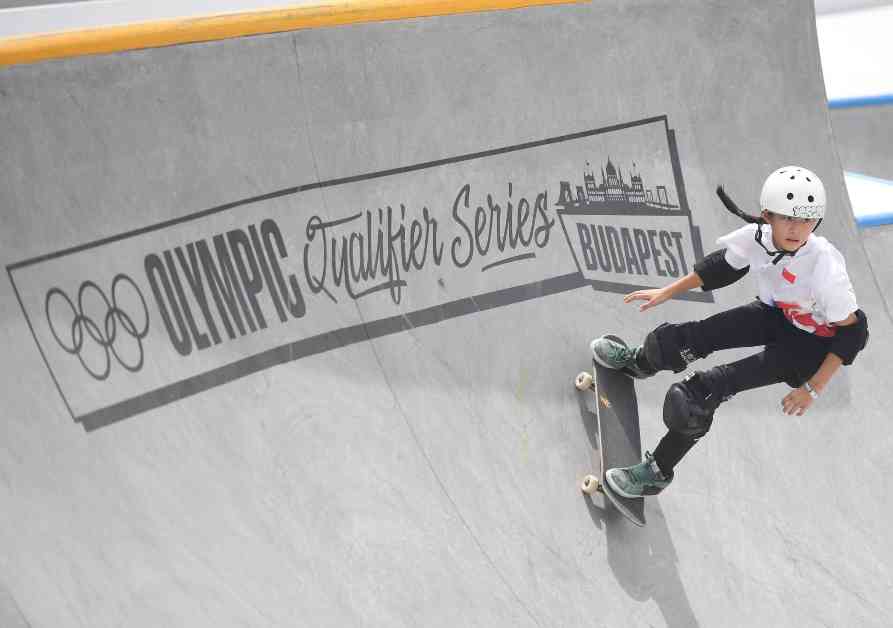As the 2024 Paris Olympics approach, attention is turning to the rules and regulations surrounding under-18 athletes participating in the Games. While some sports like diving, gymnastics, wrestling, and boxing have minimum age requirements, others such as skateboarding, surfing, and table tennis have no restrictions on age.
There is no specific age limit set by the International Olympic Committee (IOC) for competing in the Olympics. Instead, age restrictions are determined by the international federations governing each sport. For example, female gymnasts must be at least 16 years old, while divers must be at least 14. In contrast, skateboarding has athletes ranging from 16-year-olds to 51-year-olds.
To ensure the safety and well-being of under-18 athletes, the IOC has introduced measures such as chaperones for athletes under 16 and the presence of safeguarding officers. Athletes under 18 are permitted to stay at the Olympic Village, with each country responsible for their accommodation arrangements. For example, Australia has opted to house their youngest athletes in a hotel rather than the athletes’ village.
In light of recent concerns around the exploitation of child athletes, including doping scandals and abuse cases, there have been calls for age limits to be implemented for Olympic participation. The case of Russian figure skater Kamila Valieva, who was 15 when she won gold at the 2022 Winter Olympics but later received a four-year ban for doping violations, has raised questions about the protection of young athletes in high-pressure sporting environments.
The International Skating Union has responded to this by raising the minimum age for athletes in its competitions from 15 to 17. Similarly, there have been calls for age limits to be enforced across all Olympic sports to ensure the well-being and development of young athletes.
As the world gears up for the 2024 Paris Olympics, the spotlight on under-18 athletes highlights the importance of safeguarding their welfare and ensuring they are protected from exploitation and harm in the pursuit of sporting excellence. With ongoing discussions about age limits and safety measures, the welfare of young athletes remains a priority for the Olympic movement.




